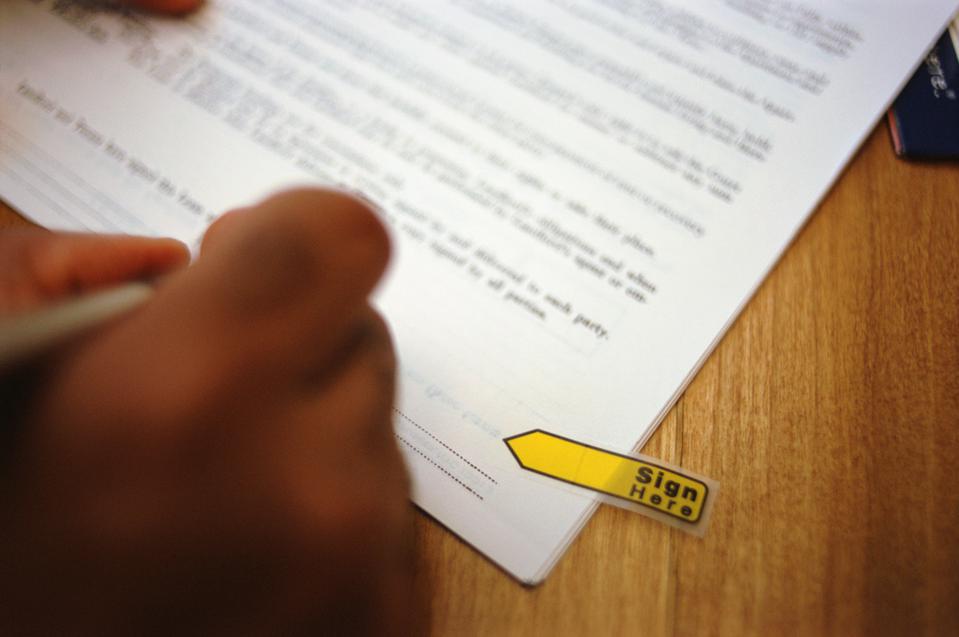First things first, what does POA stand for? Simple, Power of Attorney. Now, what exactly is a Power of Attorney? According to the ABA, A power of attorney gives one or more persons the power to act on your behalf as your agent. The power may be limited to a particular activity, such as closing the sale of your home, or be general in its application. The power may give temporary or permanent authority to act on your behalf. The power may take effect immediately, or only upon the occurrence of a future event, usually a determination that you are unable to act for yourself due to mental or physical disability. The latter is called a “springing” power of attorney. A power of attorney may be revoked, but most states require written notice of revocation to the person named to act for you.A power of attorney is accepted in all states, but the rules and requirements differ from state to state and certainLy from country to country.
POA’s are used for a variety of reasons from lifetime planning, real estate, medical care, convenience and financial decisions just to name a few. A major reason why people draft, sign and utilize POA’s is for real estate matters nationally and internationally. If a person is buying or selling assets and do not wish to appear in person to close the transaction, they can take advantage of a power of attorney. Another important reason to use a power of attorney is to prepare for situations when you may not be able to act on your own behalf due to absence or incapacity. Such a disability may be temporary, for example, due to travel, accident, or illness, or it may be permanent.


